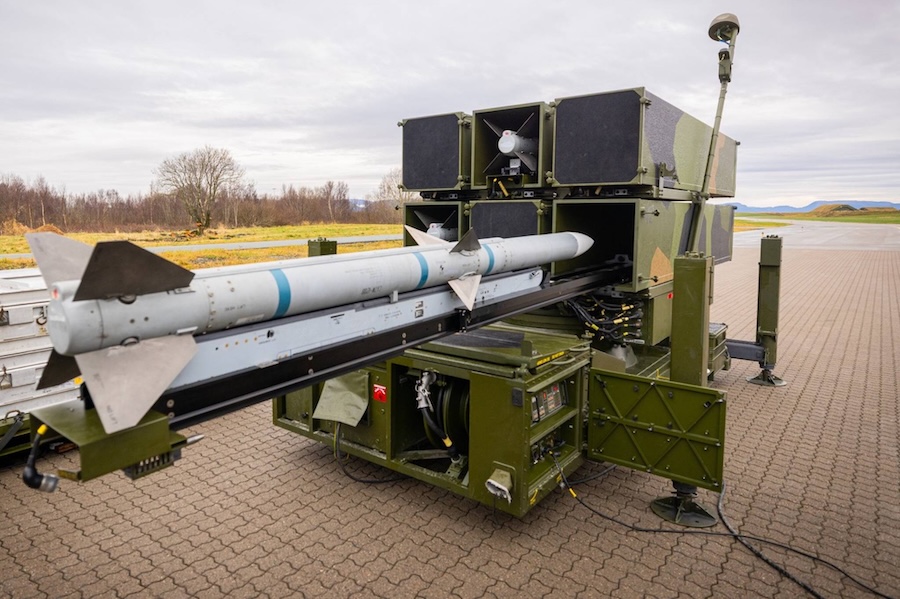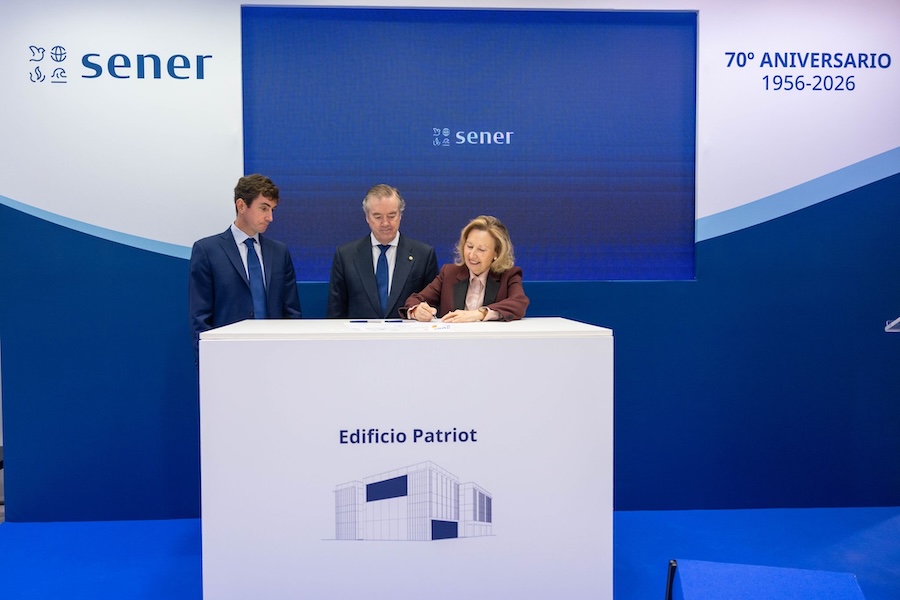The JEWEL project marks a decisive step toward developing European early warning capacity, designed to complement the existing system provided by the United States. It will contribute directly to NATO’s Integrated Air and Missile Defence (IAMD) and reinforce the European pillar of the Alliance.
Early warning refers to the ability to detect a missile launch, track its trajectory, and transmit real-time data to command centres for appropriate countermeasures, including potential interception. The capability also helps anticipate threats and assign responsibility for attacks.
The system relies on space-based satellites with infrared sensors that detect missile launches and ground-based radars that track the missile’s path. It may also include high-altitude detection capabilities to enhance coverage of critical areas.
All detection data feeds into a command and control (C2) system capable of real-time analysis, rapid alerts, and coordinated response. Europe currently depends on U.S. systems, and JEWEL aims to build a sovereign European alternative.
France and Germany have signed a bilateral agreement to launch the space component of JEWEL, the core of the new architecture. Satellites in geostationary orbit will provide the first line of detection, feeding critical data into the alert chain.
The agreement includes launching one or two interoperable satellites per country and building a “preliminary interoperability backbone” to enable data sharing. This will lay the groundwork for future contributions from other European states and expansion into a full early warning system.
The goal is to achieve an initial operational capability (IOC) for the space-based segment by the early 2030s. This capability will form the basis of the broader architecture being developed under the ODIN’S EYE project, supported by the European Defence Fund (EDF).
This joint initiative is rooted in commitments made at the Franco-German Defence and Security Council meeting held in Toulon on 29 August 2025. It reflects the countries’ shared ambition to equip Europe with sovereign capabilities to detect ballistic and hypersonic threats.
“By launching JEWEL, the two nations are fully assuming their leading role in building a European early warning capability,” the French Ministry of the Armed Forces stated. The initiative is designed to support NATO missile defence while strengthening European strategic autonomy.
The project will involve coordination across military and civilian institutions in both countries, including France’s DGA, AID, DICE, DOMN, and SASD, and their German counterparts. The joint teams will also seek to promote JEWEL among other European partners as the foundation for a fully sovereign, interoperable, and integrated early warning system.
Source: French Ministry of Armed Forces.




















